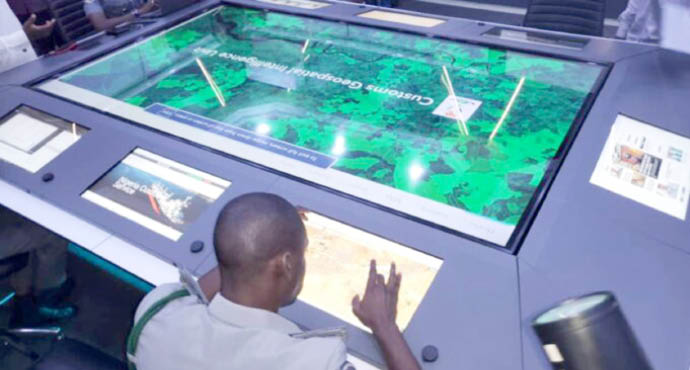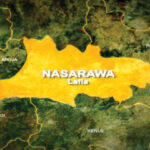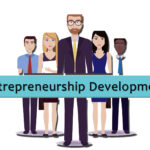Stakeholders in the education sector have made a case for the use of technology in teaching and learning in order to boost learning outcomes.
The stakeholders said the adoption of technology, which is already being used to enhance teaching and learning outcomes globally, would help address Nigeria’s learning crisis which is at an “alarming rate.”
Some of the stakeholders spoke at the opening of the 6th edition of the African Edutech conference organised by Edufirst Nigeria with support from the Universal Basic Education Commission (UBEC), Nigerian – British Chamber of Commerce (NBCC) and Korea International Cooperation Agency (KOICA) in Abuja.
Chief Executive officer, Edufirst Nigeria, Moses Imayi, stressed the importance of technology in driving education globally.
He said that’s why his organisation – Edufirst Nigeria was investing in the education sector in order to contribute to the socio-economic development of the country.
Imayi said: “We strongly believe that technology and education is a meeting point and that is why as a business enterprise we are investing in education because we believe that if you invest in education, by default, you are investing in Nigeria’s socio-economic development.”
On his part, the Executive Secretary of UBEC, Dr Hamid Bobboyi, said it was time for public schools to migrate to digital platforms of teaching and learning as about 80 per cent of them were still using old models of teaching.
The UBEC boss stated: “It is an opportunity for us to discuss the future of education in Nigeria. How do we make sure going forward in Nigeria we can reform our educational system. Many of our schools, I can say 80 per cent are still the old model that we have – with the use of chalk, blackboards and the teachers coming in front of the class to discuss whatever subject he or she wants to discuss.
“The world has moved forward. They have gone on to digital platforms and we need to make sure that Nigerian children are also taught using these digital platforms. This is an opportunity for us to discuss how to move education forward and infuse technology into our educational system.”
He explained that the commission hosted the conference because it was convinced that the frontiers of digital development in Nigeria can be pushed further and faster through public-private partnership.
“Our strong desire to host the Conference is borne out of the realisation that the only sure way to transform basic education in Nigeria and align it with the needs of the century we are living in is to pervasively use the newly emerging education technologies that this Conference is spearheading,”he explained.
He said UBEC’s journey to transform basic education began when, a few years ago, it established smart schools in all the 36 states and the FCT, explaining that,” In these schools, we provide quality educational resources and continue to train the teachers and managers to integrate technology into their teaching and assessment practices.”
He tasked the conference speakers and panelists to delve into critical topics such as gamified learning, cybersecurity, inclusive education, and EdTech entrepreneurship which he described as “all important topics in our increasingly technology driven education system.”
“At the end of the conference, I have no doubt that our various stakeholders will have better insights into innovative solutions, forge meaningful connections with other stakeholders within the larger education ecosystem, and contribute to shaping the future of education in Africa,” he said.
Also speaking, Country Director of KOICA Nigeria Office, Sungil Son, said the agency, in collaboration with UBEC, has been providing digital contents for schools in the country.
The KOICA chief said the agency would invest about $14m on capacity building next year for teachers across the country.
He said: “KOICA has been working with UBEC to provide digital content developed by Korean and Nigerian experts. The second phase of our smart school project with UBEC will start next year with a total budget of $14m. It will focus on mainly improving capacity programmes for teachers nationwide.”
On his part, Senior Education Adviser, British High Commission, Ian Attfield, who represented the British High Commissioner to Nigeria, stressed the need to use technology to support boys and girls in their learning.
He said: “We still need technology to support boys and girls in their learning. We need to make sure no one is left behind. The NBCC welcomes public private partnership to promote education and technology (edtech) in schools.
Other partners of the three day conference included: Skool Media, Federal Ministry of Education, Danjuma Foundation, UNICEF, Tertiary Education Trust Fund (TETFund), Naji Apartments, Federal Inland Revenue Service (FIRS) and Wowbii.

 Join Daily Trust WhatsApp Community For Quick Access To News and Happenings Around You.
Join Daily Trust WhatsApp Community For Quick Access To News and Happenings Around You.


